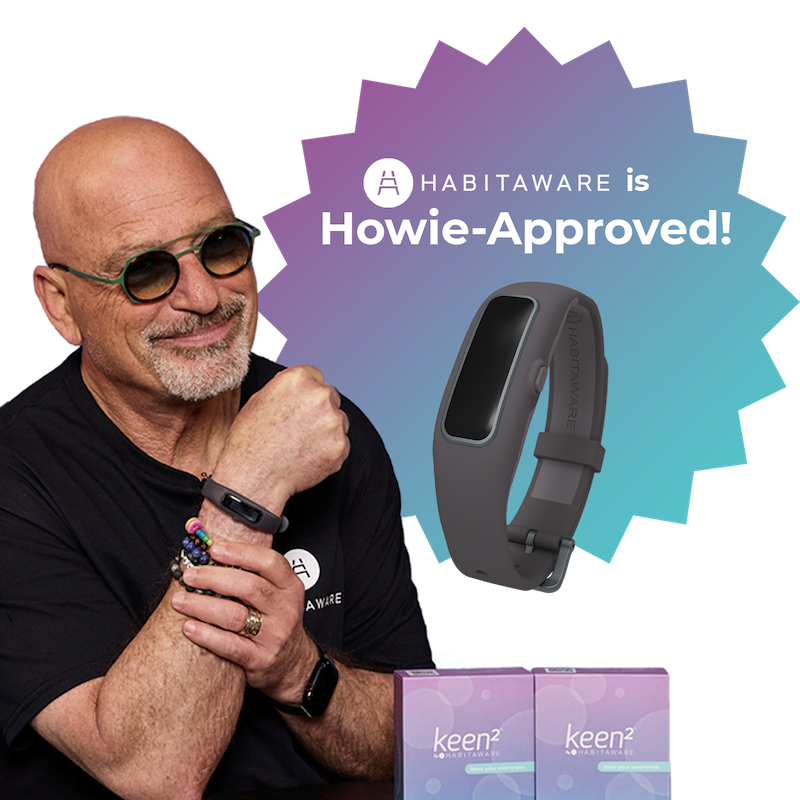This blog post was written by Peer Coach Barbara
I can’t tell you how many times I have gone out of my way to see a mental health professional who ended up having no idea what I was talking about when I mentioned that I pull out my own hair. I’d even give them the name! “I have a disorder where I pull out my own hair, eyelashes, and eyebrows. It’s called trichotillomania. I’m here to receive support.” Blank stares would ensue.
These experiences made me feel like I was a hopeless case. I couldn’t find anyone to help me and so I continued to spiral and my hair pulling worsened. Does this resonate with you?
By becoming a peer coach with HabitAware I have been able to help countless others in the BFRB community learn more about their disorder as well as find a path to healing that makes sense for their journey. Healing from a BFRB is not a one-stop-shop! It’s tailored to each person.
Here’s 4 reasons why HabitAware’s BFRB Peer Coaching might be exactly what you’re looking for:
- The coaches have years of lived experience
- Looking at small shifts that lead to big changes
- We have talked to the most people with BFRBs
- We celebrate all success!
The coaches offer years of lived experience:
The HabitAware team has body-focused repetitive behaviors! We have gone through our own healing journey and through that we have tried different strategies and management techniques that we can share with you.
We understand what you’re going through and we are able to provide insight that maybe others cannot. You won’t need to explain what a BFRB is—we are able to jump right into assisting you. What do I mean by that? Let me explain a little further.
Imagine coming to a coaching session and you have never met anyone else with a BFRB. You are nervous that you’ll be judged for your behavior and so you don’t know where to start when sharing your experience. You realize quickly that your coaches know what questions to ask so that you feel comfortable sharing your experience in detail. You realize that you aren’t the only one with a BFRB. You see people in their own healing journey that could help you begin yours.
Looking at small shifts that lead to big changes:
We know that creating unrealistic goals for our BFRB can be more detrimental to our healing journey. Instead, what we look at is making small shifts in your daily life that can lead to big changes for your BFRB. What do I mean by that?
Imagine through coaching and the use of your Keen2 you find out that most of your pulling happens between the hours at 10pm-11pm. By learning your personal data, we are then able to make a slight shift—going to bed earlier—that leads to a big change—less pulling on a regular basis.
We have talked to the most people with BFRBs:
Between attending conferences, clinical research, our outreach programs, our Online Community, our hangouts for kids, teens, and parents, helping people set up their Keen, and all of the things we do to get BFRB awareness into the public sphere - we have talked to more people with BFRBs about their conditions than any other group. If you are thinking to yourself 'I'm the only person who does this,' 'They won't have anything to say about XYZ,' 'There's no way they'll get my BFRB habits," rest assured. We've seen it all, we hold no judgement, and we want to help you help yourself.
We celebrate all success!
We are your number one supporters and will celebrate any and all success you find during our time together. The times of dread while seeking support are out the window. There is no disappointment because we will find success in even the most challenging times. What do I mean by that?
Imagine coming to a coaching session after a big pulling/picking spree. Your initial feelings might be: disappointment, dread, sadness. When speaking with your coaches you will find that there are actually things to be proud of. You pulled less than other bigger pulling/picking sprees—success! You tried a new strategy—success! You gave yourself words of encouragement—success!
We understand that our BFRBs are not linear and that there will be times where we are pulling/picking and that’s okay! It’s what we do during and after those moments that determine the trajectory of our healing. We deserve to give ourselves grace and realize that we are doing our best and our best looks different every day.


